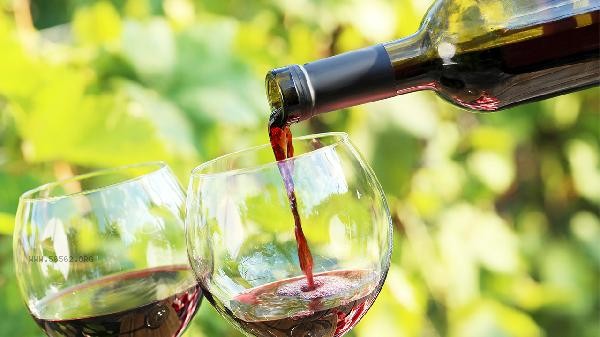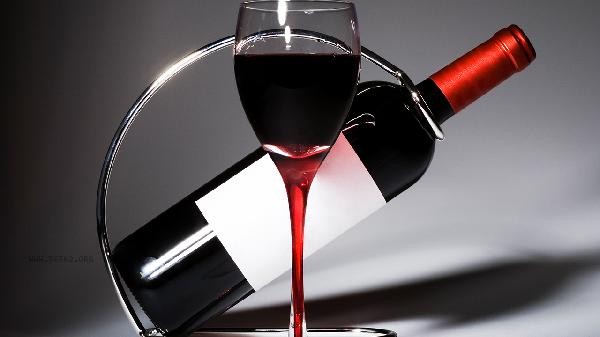Drinking a small amount of red wine at night during weight loss usually does not directly affect the weight loss effect, but excessive consumption may hinder fat metabolism. The polyphenols in red wine may be beneficial for cardiovascular health, but alcohol itself can inhibit fat breakdown and increase calorie intake. The alcohol content of red wine is about 12% to 15%, providing approximately 7 calories per gram of alcohol, which is close to the calorie density of fat. When consumed in moderation, alcohol is preferentially metabolized, temporarily delaying the process of fat burning, but having limited impact on long-term weight loss. Choosing dry red wine can reduce sugar intake, and it is more appropriate to control the single consumption amount within 100 milliliters. Pairing with low-fat and high protein foods such as chicken breast or nuts can slow down alcohol absorption. Long term or excessive alcohol consumption may increase the metabolic burden on the liver, affect the secretion of growth hormone, and thereby reduce the efficiency of nighttime fat breakdown. Alcohol can also stimulate appetite and increase the likelihood of consuming high calorie foods. People with insulin resistance or metabolic syndrome need to strictly control their alcohol consumption to avoid affecting blood sugar stability. Women's daily alcohol intake should not exceed 10 grams, and men's should not exceed 20 grams. During weight loss, priority should be given to ensuring adequate sleep and water intake, as alcohol may interfere with sleep quality and affect metabolism. If drinking alcohol, it is recommended to drink before meals and control the frequency, no more than 3 times a week. At the same time, other dietary calories for the day need to be adjusted to ensure that the total calories do not exceed the standard. Individuals with liver disease, pregnancy, or taking specific medications should completely avoid drinking alcohol. The core of weight loss still depends on sustained calorie deficit and exercise expenditure, and alcohol intake needs to be considered in the overall diet plan.












Comments (0)
Leave a Comment
No comments yet
Be the first to share your thoughts!